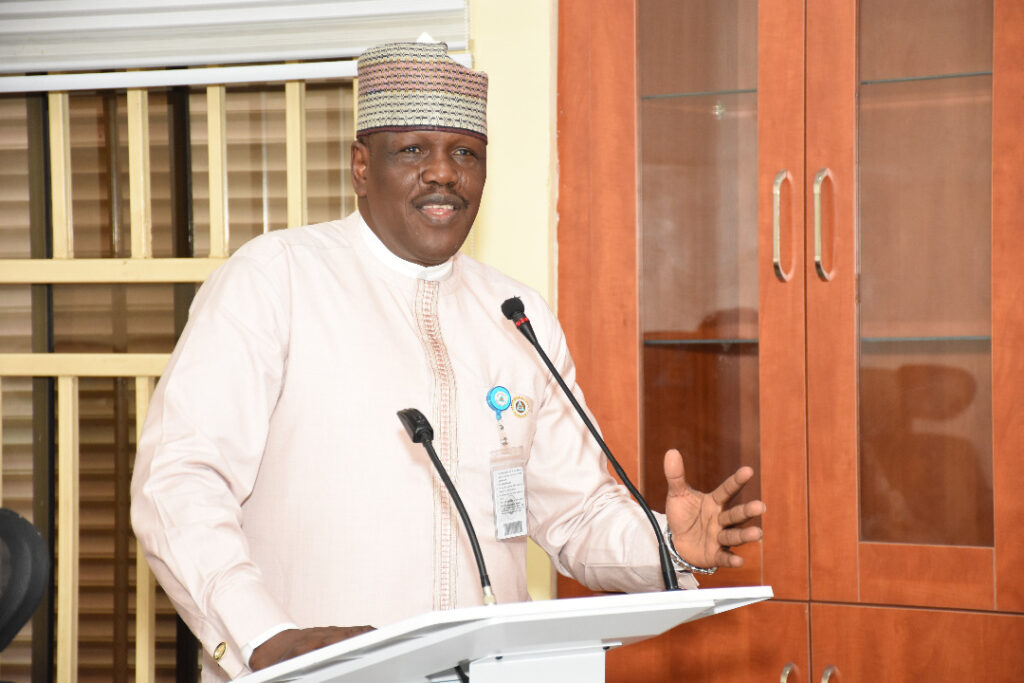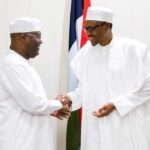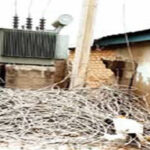
The country has been plagued by various forms of insecurity, resulting in the deaths, abductions, and displacement of millions of citizens.
However, while speaking at a two-day round table discussion in Abuja on Friday, themed “Asymmetrical National Security Challenges, the Army, and National Development,” Wahab emphasised that the judiciary must fulfil its role to deter impunity.
He said, “One of the ways to curb insecurity is that the judiciary must be alive to its responsibilities and the local government should be allowed to function.
“Let the judiciary start doing its job. Because if they don’t, we’re encouraging impunity. People will believe nothing is going to happen to them. They will do whatever they like. There is one slide we use to show when we give lectures here. It is about an elephant that saw an antelope running. He said, Mr. Antelope, why are you running? Replied that they are arresting goats and they are taking the goats to court.
“He said, ah! But you are not a goat, he said, in a Nigerian court, it will take 20 years for him to be able to prove that he is not a goat, that he’s an antelope. The elephant too ran. That’s what is happening. The former president mentioned it. It takes 10 years for a simple case of stealing to be decided in Nigeria.”
Wahab also said the local governments should be allowed to function well, adding that the localisation of security in the country would also help in curbing some crimes.
He said, “What we are asking those in government to do is to find a way of ensuring that the judiciary and local government are allowed to function well. When you allow local government to function, then you can localize the security architecture.
“We should go to the battalion level because these battalions serve the state and so they relate with the state and local government. We shouldn’t wait till we get to divisional headquarters whenever there is a problem. Divisional headquarters in most cases busy attending to five or six States.
The Executive Director, Defence Space Agency, Prof. Okey Ikechukwu, said the round table seeks to drive a new narrative by getting Nigeria’s various publics to see and understand their roles in the wider national ecosystem of synchronized security.
“We will use the round table to re-emphasise the specific and general roles of the military, particularly the Nigerian army, in the cocktail of structures, activities, and processes that constitute the national security architecture,” Ikechukwu said.
In April 2024, the Chief of Army Staff, Lieutenant General Taoreed Lagbaja, directed field commanders and troops to be adaptive and embrace innovation to ensure adversaries of the country are brought to their knees.
This was as he said that the nation was in a more volatile and complex period than before, urging the commanders to be innovative.
He also implored them to restore peace and stability in areas experiencing security challenges across the nation.
He also noted that Nigeria is currently facing security challenges, such as banditry, terrorism, and kidnapping among others.











